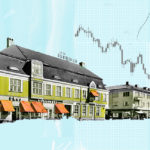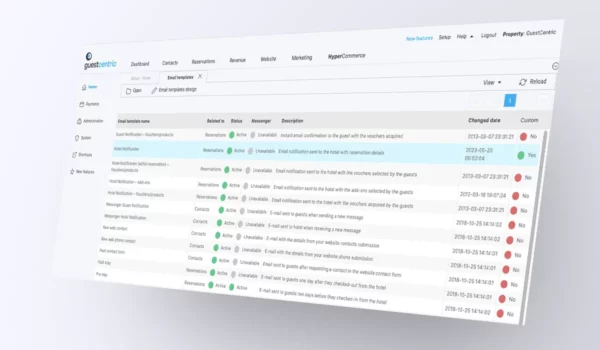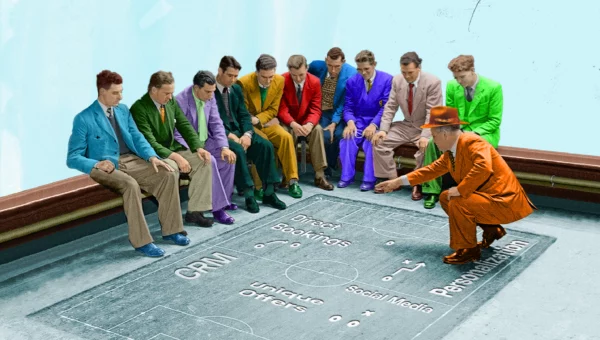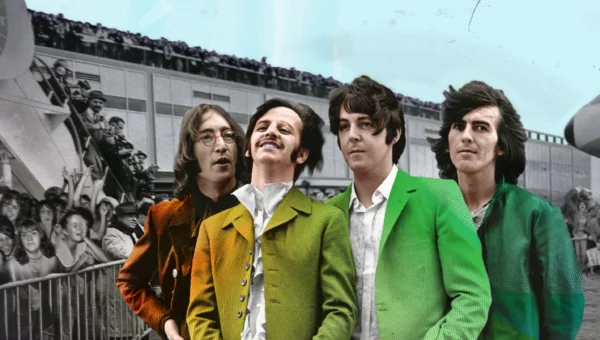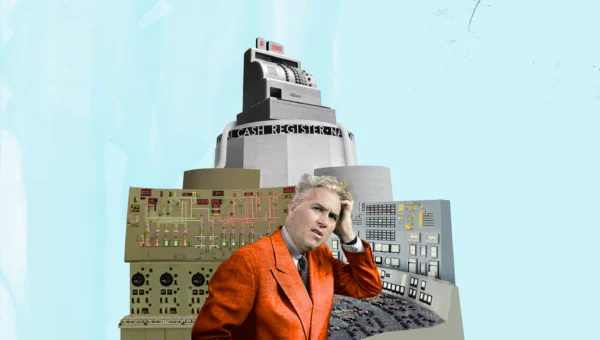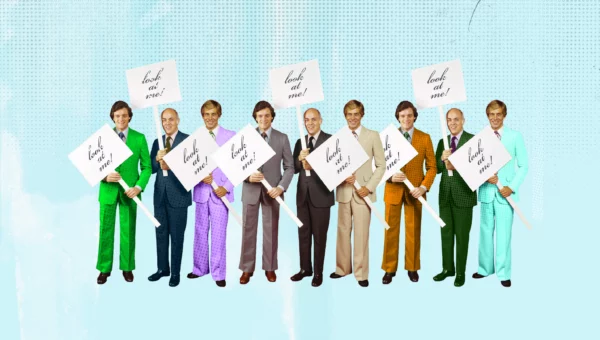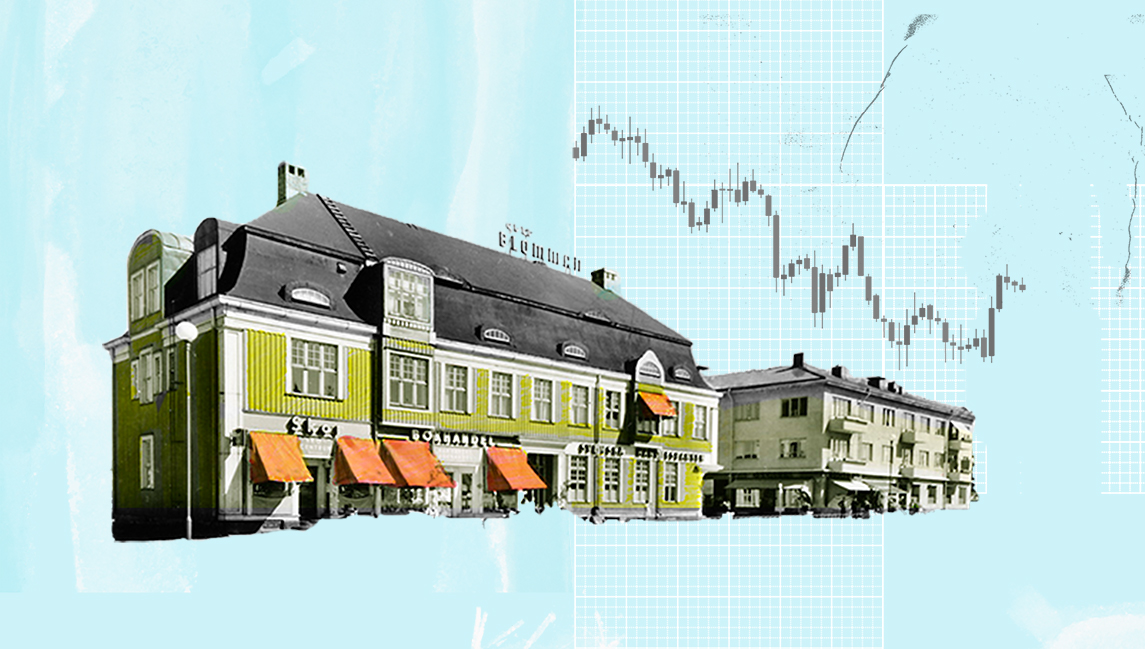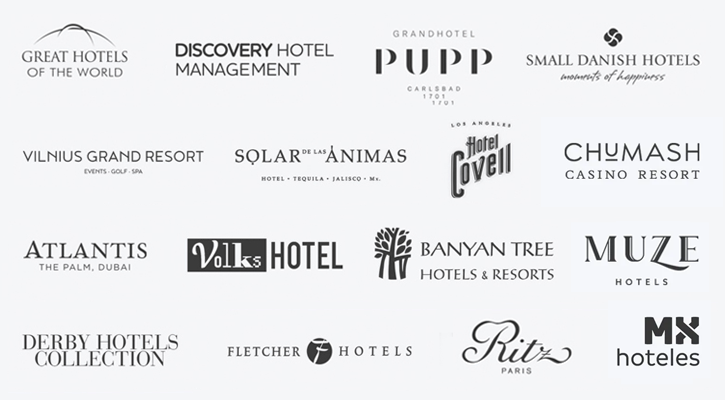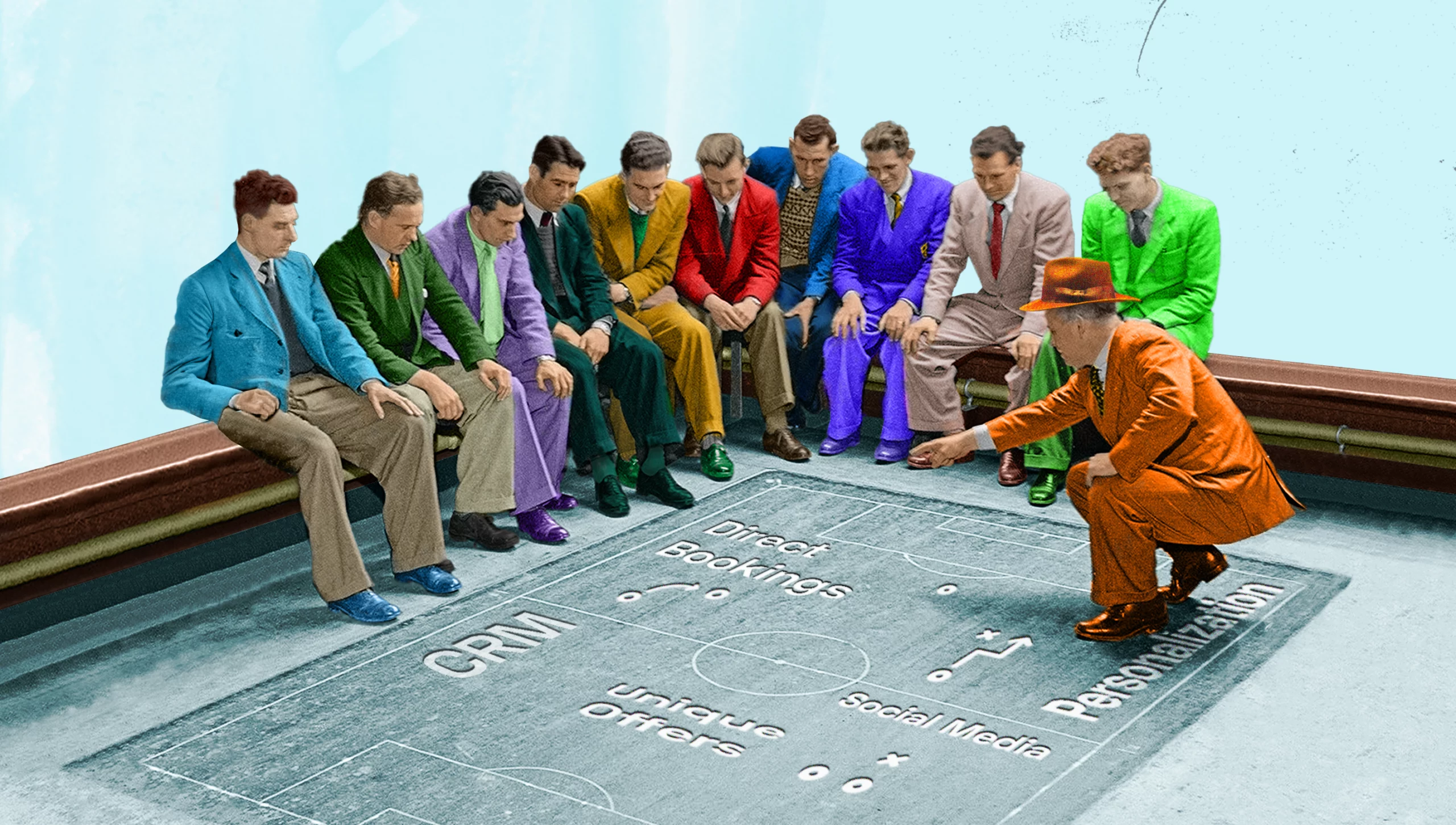Hotel Marketing – What separates Winners from Losers?
Reading Time: 3 minutesIn an economic recession, many Hoteliers may be hesitant to risk jeopardizing their revenue post-crisis by investing in marketing campaigns. If you are part of this crowd, we have one question: “Do you want prospective customers to remember you when ‘Revenge Travel’ strikes?”
As our CEO Pedro Colaco says, “Hotel Marketing is not about selling, but generating demand”, history tells us that periods of low demand give hotels the opportunity to ramp up marketing in preparation for the upturn. When looking back at the crises of the past, it’s important to understand which strategies hotels implemented that ensured a faster and stronger recovery. This will ultimately help you make the right business decisions today, for a profitable tomorrow.
In this article, we look at a study conducted during the crisis of 2008, and what differentiated the winners from the losers in the upturn that followed.
What does History tell us About Hotels Marketing during Economic Recovery?
As is the case today, hotels and the wider hospitality industry suffered dearly in the crisis of 2008. Most of the developed economies (particularly in North America, South America, and Europe) felt the greatest impact, falling into severe, sustained recession.
But if there is anything the hospitality industry can learn from economic recession history, hotels that made strategic decisions and marketing investments emerged as winners in the long term. To back up this assertion, we analyze a study by Cornell Hospitality about hotel performance during the crisis of 2008 to 2009.
The research, published in the article Winners and Losers during the Great Recession: The Positive Impact of Marketing Expenditures, revealed what strategies enabled some hotels to emerge stronger from the crisis in the long-term. The study analyzed 416 US hotels (a mix of independent, branded hotels, extended-stay properties, and luxury hotels), and revealed a group of 100 winners to 106 losers (and 210 average performers), based on financial performance during the economic downturn.
In 2009, during the worst year of the recession, both the winners and losers in this study suffered declines in occupancy and ADR (as did all hotels). But when analyzing key metrics such as ADR, RevPAR, Occupancy, and NOIPAR (Net Operating Profit Per Available Room), the ‘Winners’ significantly outperformed the ‘Losers’ and were better positioned for the upturn and pent-up demand that followed. In fact, the Losers group suffered a 43% decline in NOIPAR compared with a 27% percent drop for the winners.
Although both groups reduced costs (in equal measures) for room expenses, administrative and general expenses, maintenance expenses, and utility expenses, the Losers group made one notable cost reduction: Marketing Investment. The Winners group, on the other hand, actually increased Marketing investment during the recession.
How increased Marketing Investment Distinguished the Winners from Losers in Crisis
The study revealed how increased marketing investment served as a primary driver for revenue and profit during times of economic crisis. There was a strong correlation between marketing expenditures and business performance, with greater investment resulting in higher room revenues and NOI. The results also highlighted the importance of different marketing efforts, including personalized sales efforts. E-commerce, advertising, and loyalty programs, helped hotels emerge stronger from the crisis and recover faster.
Analyzing the level of investment toward the specific marketing sub-areas covered in the study, researchers also found that hotels from the ‘Winners’ group ramped up complimentary gifts, services, and local promotions. Hotels from the Loser group, however, reduced investment in these areas.
Another major finding of this study was that hotels that didn’t dramatically drop the prices performed largely better than the ones with heavy discounts. Price discount does not always work during recessionary periods because of demand inelasticity which will result in revenue decline because reduced and price promotions are insufficient to stimulate demand to generate higher revenues.
Conclusion
Although the current economic downturn differs significantly from 2008, it is still essential for hotels to be top of mind for consumers. During low levels of demand and commercial activity, hotels need to use their time wisely to generate awareness and reach guests directly, thus positioning for faster and stronger recovery when the upturn comes.
In 2008, all hotels also suffered huge declines in occupancy, revenue, and lowered ADR. What separated the Winners from the Losers was the level of readiness to stay the course on marketing expenses. This ultimately paid off and lead to better results in all KPIs analyzed in the study. So before reducing marketing costs, hotel managers should assess whether maintaining or increasing investment could both generate revenue and profit when consumer demand returns to pre-Covid levels.
Hotels that maintain price and invest in building a strong brand through marketing during periods of low demand can expect to achieve greater customer satisfaction and loyalty, which will ultimately translate to higher revenue and consequently more profitability in the upturn.
But although research shows that those who invest more in marketing emerge stronger from an economic crisis, hotels need to invest wisely. Before jumping into new sales and marketing campaigns, Hoteliers need to first understand the current market demands, define the hotel’s business goals, and evaluate the cost of marketing efforts vs the return.

